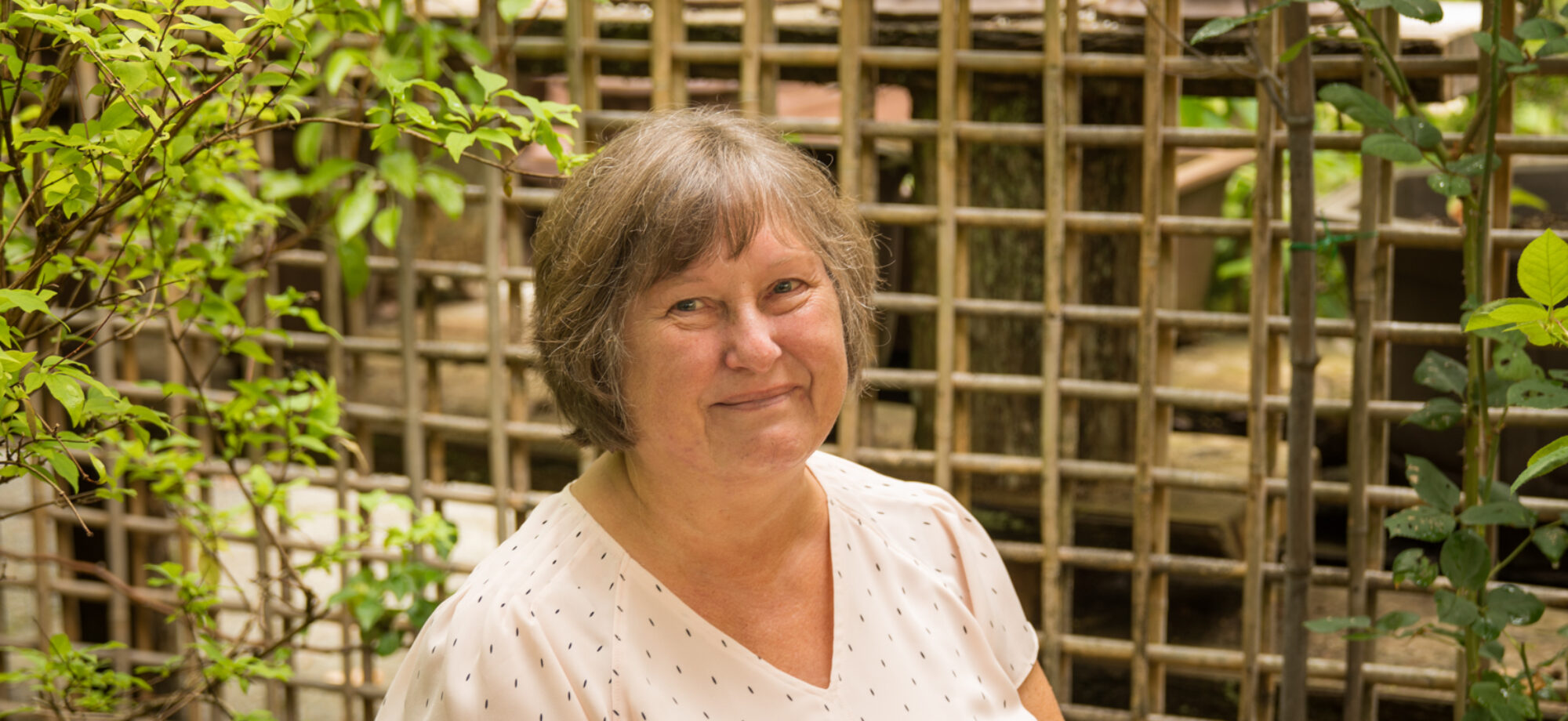A Slice of 1970s Mississippi
 A slice of 1970s Mississippi. A decade of change. Hypocracy exposed. Appearances and loyalties questioned.
A slice of 1970s Mississippi. A decade of change. Hypocracy exposed. Appearances and loyalties questioned.
Using first person, Grisham makes the writing very personal, as if he were reflecting back on his own story. It’s quite believable.
The main character, as a young adult, almost by chance acquires ownership of a local newspaper in a small town. He puts his all into researching and writing what will be interesting to readers, Guided by his convictions, he boldly exposes dangerous characters and political agendas in spite of personal risk. The newspaper effects real changes in the community, even radiating out to surrounding communities.
The Power of the Written Word
The power of the word. So powerful in fact, that it inspired me to do some of my own powerful writing to authorities in my own community, hoping to effect certain changes here.
People want to read about what really matters. About members of their own community. About values and truth–exposing hypocracy. Especially in USA of the 1970s. Young people questioned everything and turned society upside down. Because in those days appearances seemed to be more important than truth–even, in fact especially, in churches.
Churches
Willie has jumped into his newspaper with both feet, cares to the wind. He exposes the hypocritical attitudes of the white Christians, who preach love, kindness and acceptance, yet are against integration. In this town of protestant churchgoers, himself an agnostic, he befriends an older black woman named Callie.
Callie is the last juror chosen in a murder trial, and the first black woman to be on a local jury.
Callie becomes Willie’s best friend. She makes him a wonderful meal every Thursday. Her warm-hearted family is closer than his own. She cares about his soul, and inspires him to research all the eighty-some churches in the county. I especially liked chapter 32, in which he compares many of them from his point of view. Although the basic beliefs are the same, the devil is in the details, and it seems so very important not to cross the boundaries that make them distinct.
Willie doesn’t officially convert, but at the end he feels God’s presence when holding hands and praying with Callie’s family.
Suspense, mystery, and a slice of 1970s Mississipi. Change effected by the written word and brave authenticity. Exposure of hypocracy. A bit of history to learn from.
This website is a participant in the Indigo Affiliate Program which allows it to earn commissions from Indigo if you make a purchase on indigo.ca after linking through this website.
Discover more from pearladapridham.com
Subscribe to get the latest posts to your email.

